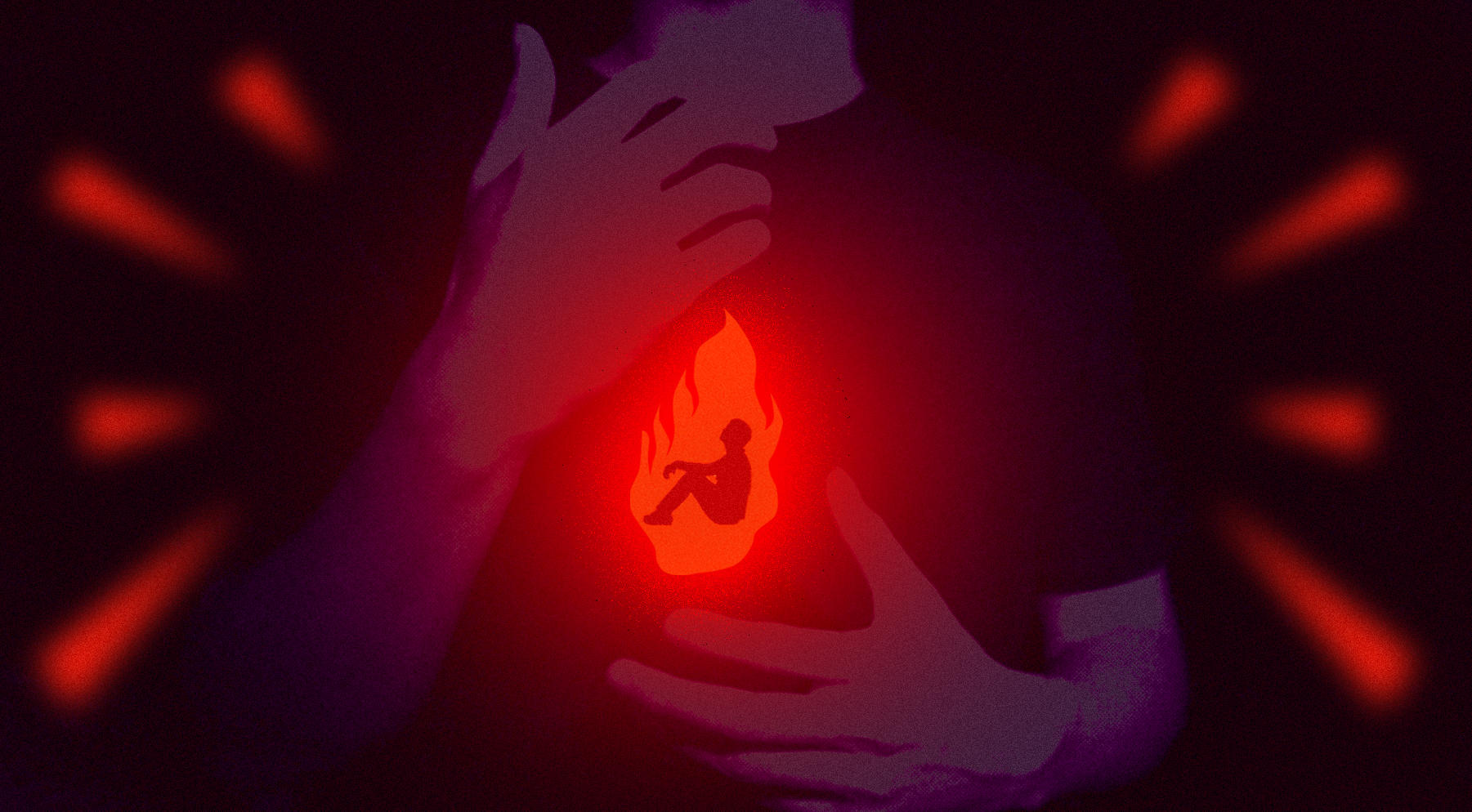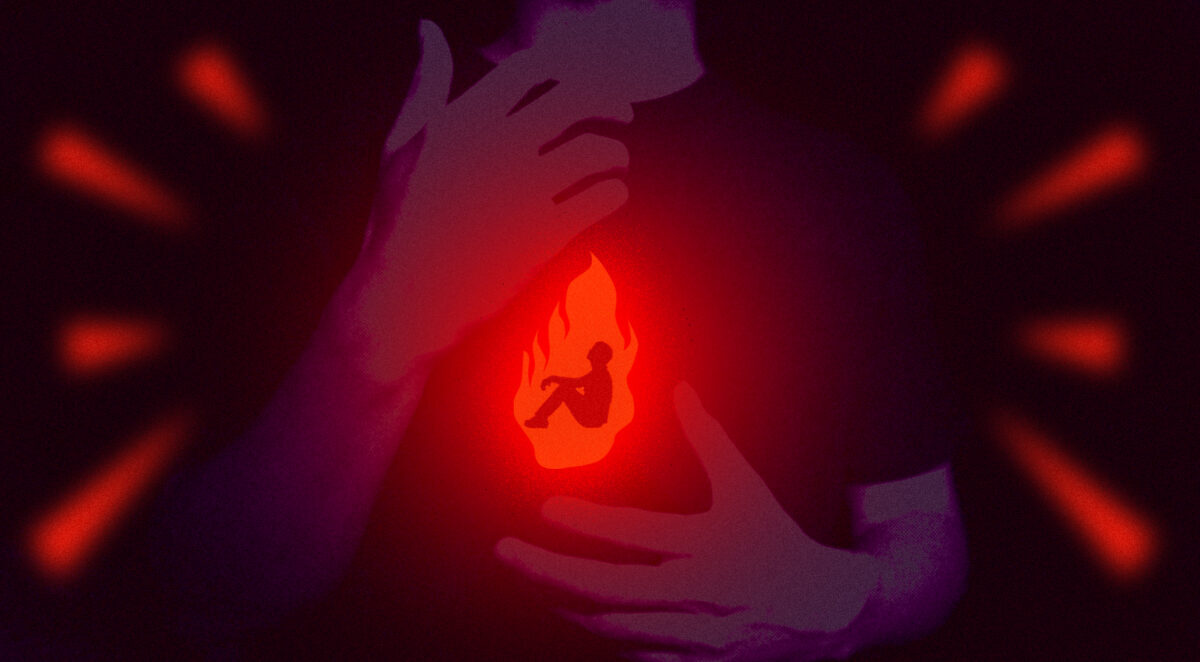Over the summer, my 3-year-old Jack had scheduled playdates with similar-aged sons of friends. One of my friends revealed a concern that her son was very much into helicopters, and that the school she was putting him in mentioned that perhaps the boy should see a specialist if his fascination becomes disruptive.
After my friend spent some time with her son, I reassured her that he seems fine, as Jack is way, way, way into helicopters, too— that it’s a phase he’ll outgrow.
We admit to feeding his mini-obsession; he has lots of toys, books and clothes with helicopters because we see how he gets excited and is voracious about learning everything helicopter.
We even took him to the Philippine Air Force Open Air Museum, where he was able to see and actually get inside real ones. He was delirious with glee!
Other kids are into cars, tutus or dragons, so… basta walang basagan ng trip, right?
Then again, I’m no specialist. So, how can I know for sure if I’m not in denial of what’s “normal”?
Practicing
“During this stage in a child’s development, toddlers become more aware of themselves and their surroundings, with increasing want to explore new objects and people,” said Dr. Melissa Anne G. Rapadas-Aguirre, MD, general pediatrics. “They feel good about themselves when they learn something new or when they improve or get better at doing something. It’s like ‘practicing’ or ‘getting the hang of’ something, then feeling good for doing/learning about it.
“It’s really much concern, particularly if your child can be distracted or ‘broken off’ of the said obsession to do something else, like to eat, take a bath, answer a simple question or greet and kiss mommy and daddy. The child should not be overly upset or physically destructive when the object is taken away from him/her,” added Dr. Aguirre.
Developmental behavioral pediatrician Dr. Paulette Ann Wy said: “First of all, let’s define ‘obsessions.’ They are ‘recurrent thoughts, impulses or images that are experienced as distressing and senseless.’ Being ‘into’ helicopters does not fall in that category; it may be a recurrent theme but it is not distressing and senseless. In fact, it’s a developmental milestone we expect.
“By age 4, he should be talking about what he likes and what he’s interested in. We can term helicopters as his ‘interest.’ It is normal to seek and enjoy things related to his interest.”
How can we tell if an obsession should continue to be fueled or redirected? When is a fixation considered disruptive?
Dr. Wy: “Obsession in this context is not clinical obsession. It should be encouraged if it develops his intelligence and skills. Fueling a certain activity or preference for a particular object or toy may help in other domains of a child’s development.
“In Jack’s case, looking at pictures or reading books to him about helicopters will help in his linguistic development. Going to a museum is definitely an enriching activity, because it exposes the child to different stimuli.
“When he saw the actual helicopter, appreciated the size of it compared to his toys, feeling the textures of the different surfaces of the helicopter and the emotions he felt when he was inside, all these activities and stimuli will help in his overall development,” said Dr. Aguirre.
“It is probably best to redirect it if it gets in the way of living or causes too much distress or distraction, such as if his obsession with an object or toy will hinder him from doing other things such as playing and interacting with other kids, or will cause him to have long tantrums or become destructive when the object is taken away from him.
“Expose him to other things or activities if it seems that the ‘obsession’ is the only thing that he has going for him, to encourage variety and other interests. And it is appropriate to discourage anything that may compromise his safety.”
Deterioration of function
Dr. Wy noted: “As with most things in life, obsessions or fixations should be redirected when it becomes impairing or causes deterioration of function like if he can’t sleep, eat or complete tasks. If it is truly an obsession (distressing and senseless), we would never want to encourage that.”
What should we do if we observe said disruptive behavior in our child?
“Parents should mention it to their pediatrician so proper evaluation, screening and probable referral may be done early,” said Dr. Aguirre.
“If your child’s interest is highly fixated, restricted and impairing, in our field, we think primarily of Autism Spectrum Disorder,” said Dr. Wy.
“However, it’s only one of several symptoms. It is best to tell your pediatrician your concerns, and she/he could definitely screen for the other symptoms and refer your child to a specialist if the need arises.”
But what if we see the disruptive behavior in our friend or relative’s child?
“It would depend on the quality of your relationship with the parent and the manner you show your concern,” said Dr. Aguirre.
“Some parents may become sensitive, saying that something might be different with their child, even if it was out of genuine concern, may be misinterpreted. But informing the parents is important so that they may be aware of their child’s behavior.”
“Approach with tons of caution,” advised Dr. Wy. “No parent wants to be told something is wrong with their child. I believe that if it is truly impairing, the parents would be the first ones to know since they spend the most time with their child. Finding out if there is a label/diagnosis for it is not urgent.
“If you see it, I’m pretty sure the parents see it as well. They might be in the denial stage and still need time to process and accept before seeking an expert opinion. It all boils down to your best judgment, depending on how well you know your friend or relative and how they will react to your observations regarding their child’s behavior.”
Is there a certain age the fascination toward one thing should stop?
“When they reach their preschool years between ages 4 and 5, their obsession with a particular object should significantly lessen, if not disappear,” said Dr. Aguirre.
However, Dr. Wy qualified, “There is no set age; it varies widely because a lot of things influence our likes and dislikes such genetics, environment and personality traits.
“We know a lot of adults who are into superheroes, “Star Trek,” cars, etc. and they first started getting interested in those things as a young child. So, it may or may not stop. It could just move on to other things.”
Is there anything else we need to know or look out for?
“Some degree of obsession or fixation alone may still be normal for toddlers. However, if this obsession is accompanied by other red flag behaviors like marked irritability or excess passivity, no eye contact, not responding when called, not interested in interacting with others, speaking less or not speaking at all, then we have a valid concern,” said Dr. Aguirre.
“It may be frightening for parents to realize that something might be wrong with their child; some even deny or justify these behaviors, but it would be in the best interest of the child to express these concerns to their pediatrician.”
Added Dr. Wy: “This is one of those things that, if pathologic, will unfold over time. It is not something that will go away, and it will be hard to miss.”
For now, I will just have to continue learning more about helicopters and share Jack’s excitement over whirlybirds, Chinooks, rotors and rudder pedals. As it is, he is already transitioning to other interests.
He no longer wants to just be a helicopter pilot: “I want to be a helicopter barber, Mama. I will fly and cut hair!”












































